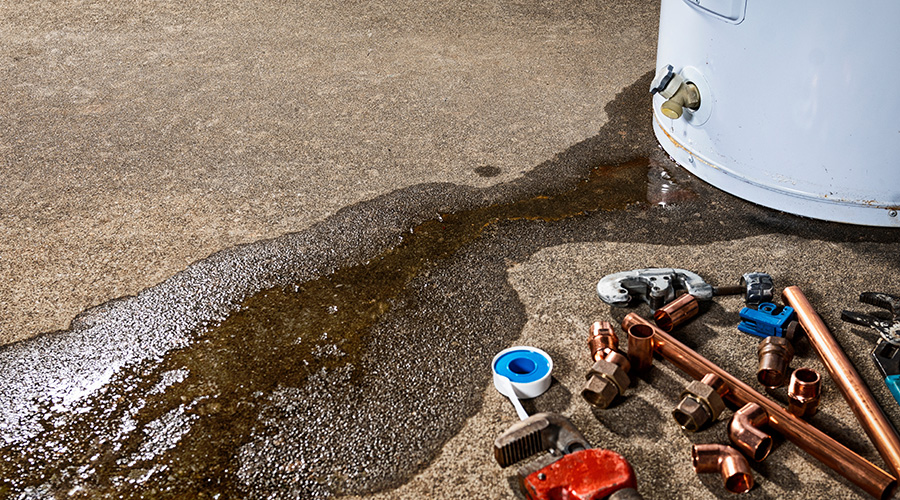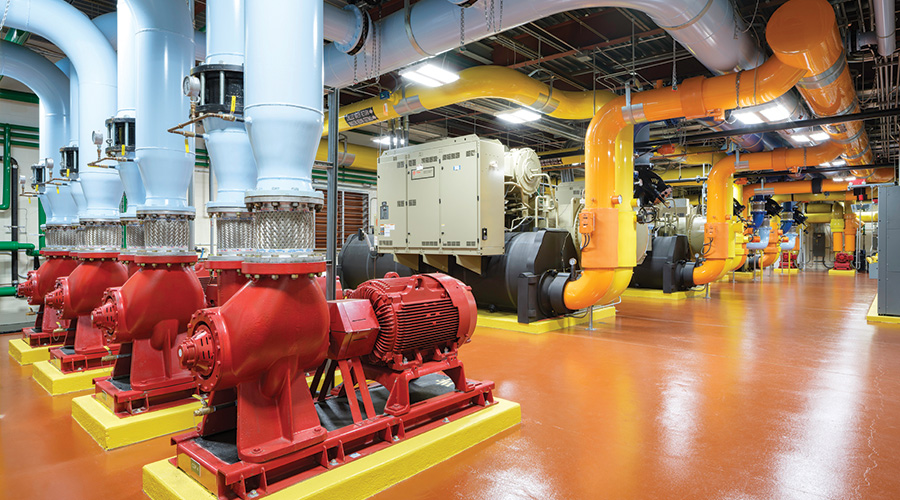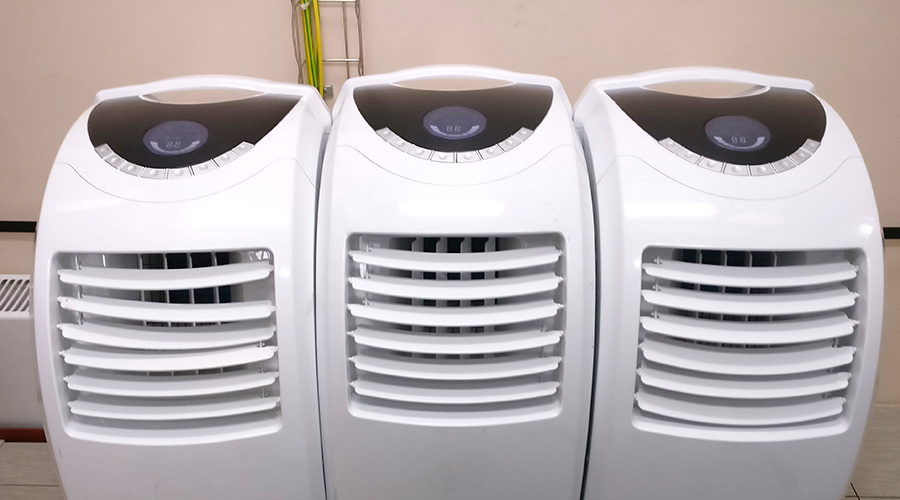Multiple Boilers Improve HVAC System Efficiency
Increasing energy costs and tight maintenance and operating budgets are motivating engineering and maintenance managers to maximize the performance of their buildings’ HVAC systems. Those who have achieved the most success have used a two-pronged approach: using new technology and making existing systems operate as efficiently as possible.
Manufacturers are making strides in a range of new HVAC systems and components, and changes in maintenance procedures can improve the operating efficiency of nearly any HVAC system. But the best opportunities for enhanced efficiency and greater savings involve boilers and chillers.
Boiler Technology
A number of trends and developments in boiler systems have led to improvements in seasonal operating efficiencies. For example, building heating systems traditionally have been driven by a single large boiler — or in applications with large heating loads, a pair of large boilers. While using one boiler helped keep installation and maintenance costs low, it was not always the most efficient way to heat a building.
Boilers operate at peak efficiency over a fairly narrow operating range. As the heating load drops off, the control system throttles back on the boiler. But boilers operate at peak efficiency at or near full load, so as the load decreases, it results in a significant reduction in operating efficiency.
Thanks to the introduction of a new generation of boilers, the trend now is toward installing multiple smaller boilers in place of one large boiler. Using multiple boilers allows operators to stage their operation to match the building’s heating load.
As the heating load increases, additional boilers come online. As the heating load drops off, boilers shut down. The result is the system operates for a longer period of time at higher efficiencies.
Using multiple smaller boilers offers another advantage — redundancy. If a boiler fails or needs to be taken offline for maintenance, the remaining boilers can carry the full heating load under all but the most extreme conditions.
Related Topics:















